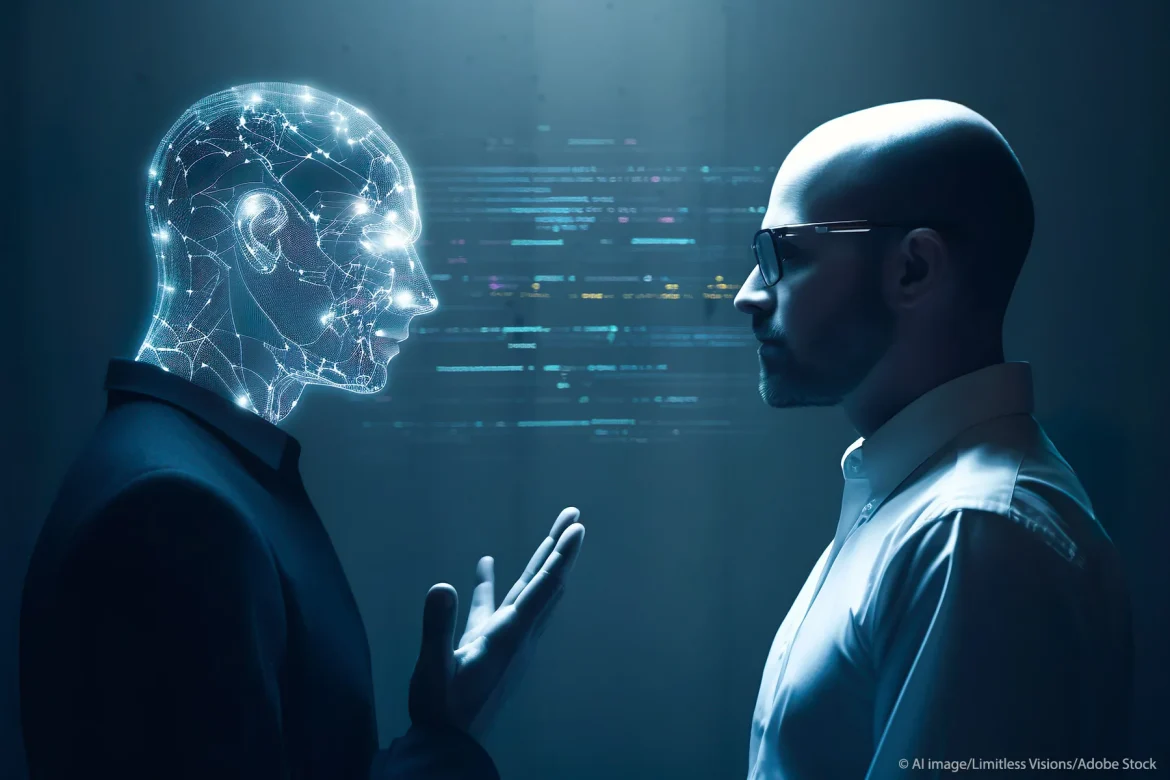Artificial intelligence (AI) has rapidly transformed from a theoretical concept into one of the most powerful tools of the 21st century. While AI was initially designed to automate repetitive tasks and analyze large datasets, its potential has grown far beyond these early applications. Today, AI is being used not only in scientific research and healthcare but also in art, literature, and music. This raises an intriguing question: how will AI shape the future of human creativity?
Advertisement
Creativity has long been considered a uniquely human trait, tied to consciousness, imagination, and emotional depth. However, with the rise of generative AI systems, machines can now produce paintings, write stories, compose music, and even design complex structures. Some argue that these systems are not truly creative since they rely on patterns from existing human works, but others believe that AI is expanding the definition of creativity itself.


